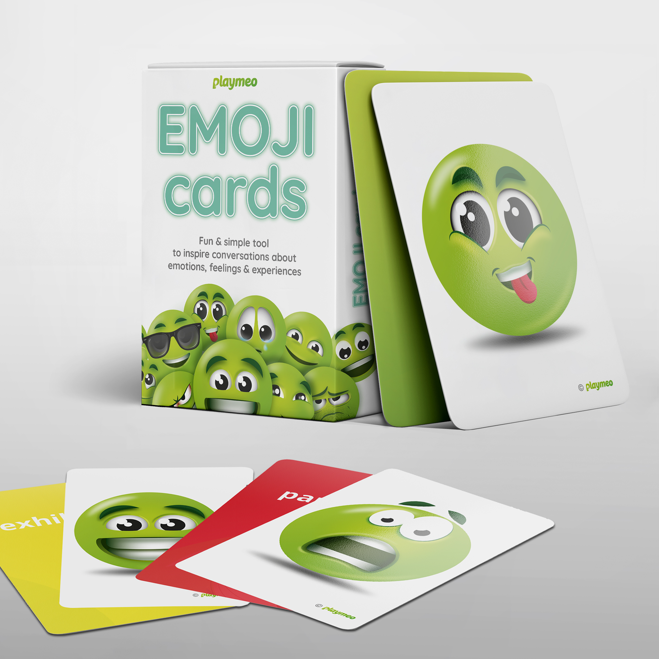20+ Fun & Engaging Ways to Form Random Pairs
So you’ve asked your group to pick a partner so that you can form smaller teams and… they immediately make a beeline to their best…

When you’re working hard, taking a break just makes sense, right? A quick break helps you catch your breath, refresh and review.
The same is true, of course, for students when they are engaged in learning new material. Energisers or brain breaks, as they are often called, are those brief moments you offer your students to help them focus on something new, different or fun. If nothing else, these brain boosts (as I prefer to call them) wake up the brain and recharge the batteries.
As educators, I think we have always understood the inherent value of brain breaks and have used them liberally throughout our classes and programs, if for no other reason than waking up our students and refreshing their focus.
Thankfully, there is a lot of science and research to support the argument that brain breaks are beneficial.
Research now shows us that regular short breaks not only provide valuable downtime (or rests) but the use of well-timed brain breaks can lead to improved productivity, creativity and social skills.
In fact, there is growing scientific evidence that tells us that brain boosts are a key part of learning because they help students make sense of complex information, consolidate memories and make connections to other ideas.
Better still, regular physical activity exercises have been shown to reduce stress and increase blood flow and oxygenation to the brain, which brings a whole world of good to our students.
In other words, without breaks, students don’t learn as well. We all need regular breaks to keep our brains sharp, healthy and active.
This is equally, if not more important now in a world in which education has rapidly moved to an online context. Focusing on a small screen rather than a real-live human being in a classroom tires the brain more quickly so more frequent breaks are required for home-based learning environments.
Indeed, this concept was supported in a 2016 study that showed that multiple 10-minute instruction blocks were more effective at retaining student’s attention than delivering larger blocks of content (Goodwin, et al.)
So the next time your school considers reducing your existing breaks and recess time to squeeze in more content in to the day, think again. You are more likely going to make the situation worse. Which is another reason why #playmatters.
You can view a short video to learn more about the research-tested benefits of brain breaks by clicking here.
With thanks to Edutopia for sharing this exciting research.

Best-selling book featuring 150+ fun group games & activities. Scan QR codes to access digital content including videos.

Brand new deck of cards featuring emoji images to help you inspire conversations about emotions, feelings & experiences.
Download our free 28-page ebook jam-packed with outrageously fun activity ideas.
Just one more question:
Share this with friends and colleagues.
We offer a range of membership plans with no surprises.
Click an option below & discover our simple pricing.

Click here if you’re a:

Click here if you represent a:
Explore plans for
10, 50, 200 or more
potential users